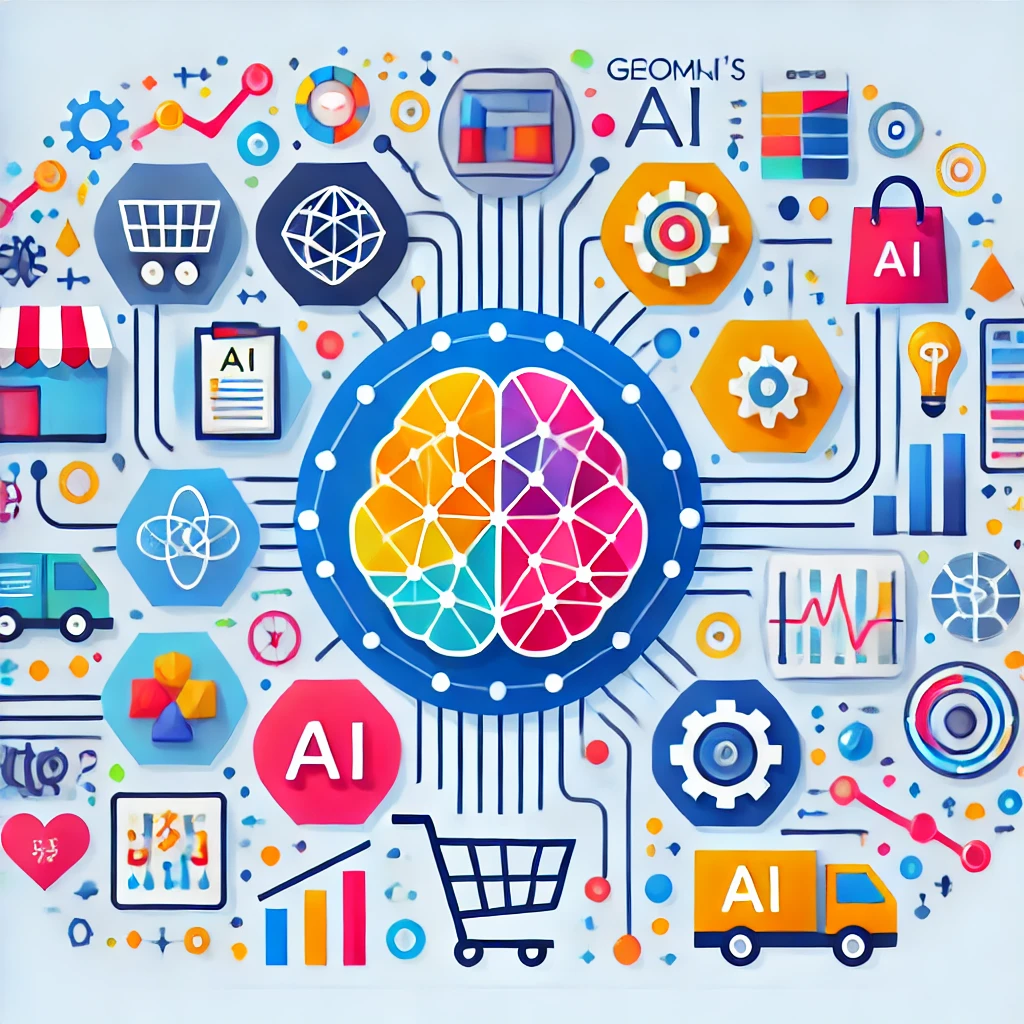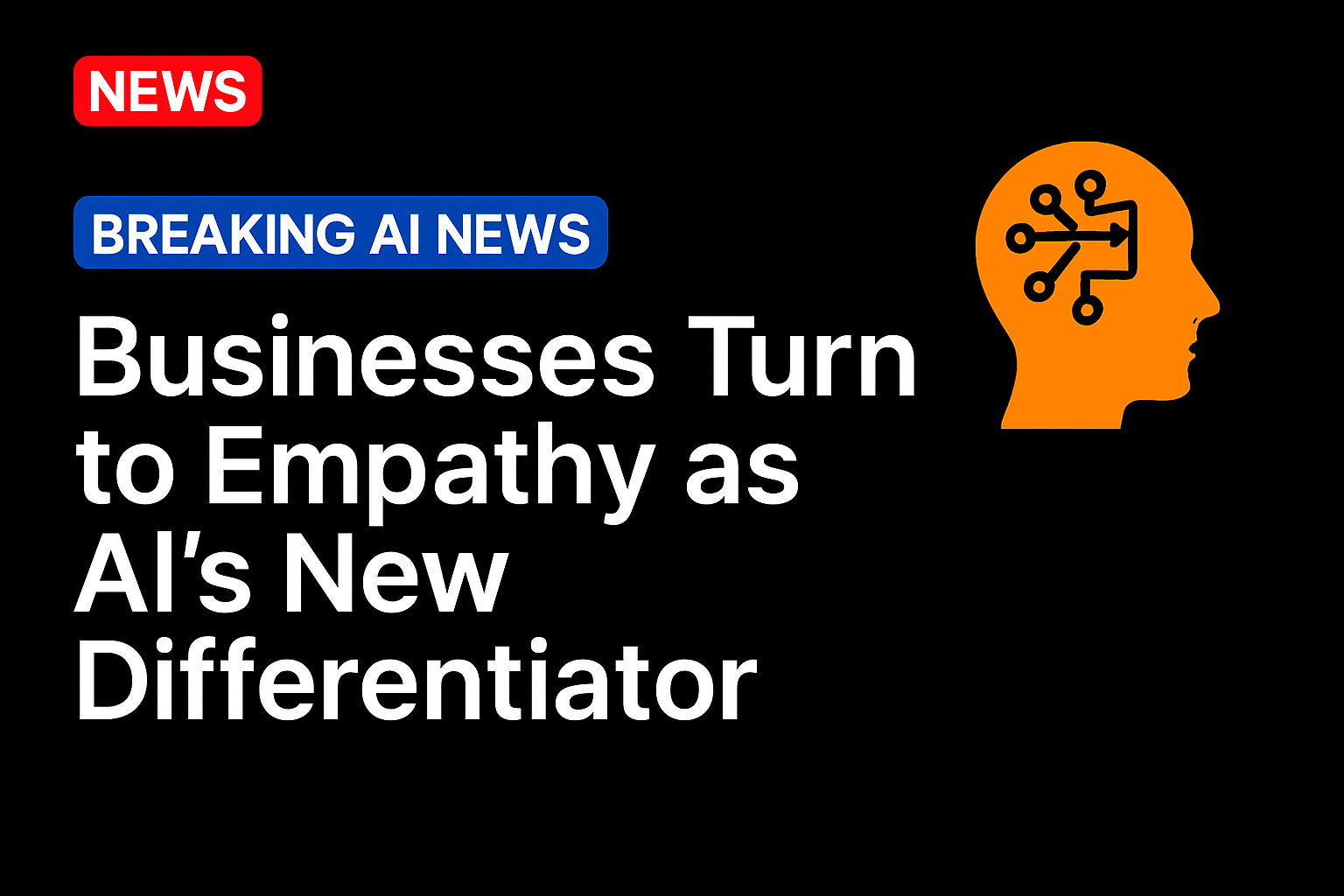Google’s latest AI model, Gemini, is making waves across industries as businesses of all sizes begin integrating the tool into their workflows. Billed as a powerful step forward in artificial intelligence, Gemini has quickly become a popular choice for companies looking to harness the next generation of AI capabilities. From streamlining operations to boosting customer engagement, customers are finding innovative ways to put Gemini to work.
What is Gemini?
Gemini is Google’s advanced AI system, designed to combine the best of both generative and conversational AI. It boasts capabilities in natural language understanding, content generation, and problem-solving, making it a versatile tool for a wide range of applications. Unlike previous models, Gemini is designed to adapt quickly to specific business needs, offering a tailored experience for various sectors, including finance, healthcare, retail, and customer service.
“The beauty of Gemini is its flexibility,” said Sundar Pichai, CEO of Alphabet. “We built Gemini to be scalable and adaptable, allowing businesses to customize the AI to fit their needs. It’s not a one-size-fits-all solution, and that’s why customers are already seeing incredible results.”
AI in Action: How Customers are Using Gemini
Early adopters of Gemini have started to report significant improvements in efficiency and customer engagement. In the retail sector, businesses are using Gemini to enhance their e-commerce platforms by generating personalized product recommendations and streamlining customer service interactions through AI-driven chatbots.
One such company, a mid-sized online clothing retailer, saw a 20% increase in customer satisfaction within the first two months of implementing Gemini. “Our customers love how responsive and intuitive our new AI-powered chatbot is,” said the company’s COO. “It feels more human and understands what our shoppers need better than our previous systems.”
In the finance industry, companies are using Gemini to analyze complex datasets, enabling more accurate predictions in stock markets, fraud detection, and financial planning. A regional bank reported that Gemini’s ability to process and analyze large volumes of data in real-time has improved the bank’s decision-making process. “Gemini has revolutionized how we handle data,” said the bank’s CIO. “The AI can identify trends and risks that we wouldn’t have been able to catch as quickly with traditional methods.”
Healthcare is another sector seeing the benefits of Gemini. Hospitals and clinics are leveraging the AI to assist in patient diagnosis, analyze medical records, and even provide support for mental health services through conversational AI tools. A healthcare startup that focuses on mental health has integrated Gemini into its telehealth services, allowing the AI to assist in providing initial assessments and follow-up recommendations. According to the startup’s CEO, “Gemini helps our clinicians save time by automating routine tasks, so they can focus on providing personalized care.”
The Flexibility of Gemini’s API
One of the key drivers behind Gemini’s popularity is its API, which allows businesses to easily integrate the AI into their existing systems. This flexibility is crucial for companies with diverse needs. Whether it’s automating back-office functions, developing AI-enhanced customer interfaces, or improving cybersecurity measures, Gemini’s adaptability has become a major selling point.
“We didn’t need to rebuild our entire infrastructure,” said the CTO of a large logistics company. “Gemini fits right into our existing tech stack, and it’s already optimized how we plan routes and manage supply chains.”
The success of Gemini’s API has led to rapid adoption across a variety of industries, with businesses praising the tool for its easy customization and scalability.
Challenges and Opportunities
While Gemini’s rollout has been largely successful, the AI still faces some challenges. As with any AI system, there is a learning curve in training it to fully understand the nuances of each specific industry or company. Some businesses have reported initial setbacks when trying to implement the AI, citing a need for more fine-tuning to fit their specific use cases.
“There’s no doubt that Gemini is powerful, but it’s not perfect out of the box,” said the CTO of a manufacturing firm. “It took us a few weeks to get it working the way we wanted, but now that we’ve ironed out the kinks, we’re seeing real benefits.”
There’s also the question of data privacy and security, especially for sectors like finance and healthcare. Google has assured businesses that Gemini is designed with robust security measures, but for companies dealing with sensitive information, ensuring compliance with data regulations remains a priority.
What’s Next for Gemini?
As more businesses continue to explore the potential of Gemini, Google is already working on updates and new features to make the AI even more capable. The company has hinted at future integrations with other Google products, as well as expanding Gemini’s language capabilities and industry-specific tools.
“We’re only scratching the surface of what Gemini can do,” said Pichai. “As the technology evolves, we’re excited to see how businesses will continue to innovate with it.”
For now, customers are eager to see how they can further leverage Gemini to stay competitive in an increasingly AI-driven world. Whether it’s creating smarter customer experiences or improving internal efficiencies, one thing is clear: Gemini is already changing the game.





